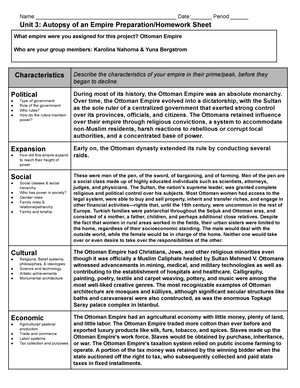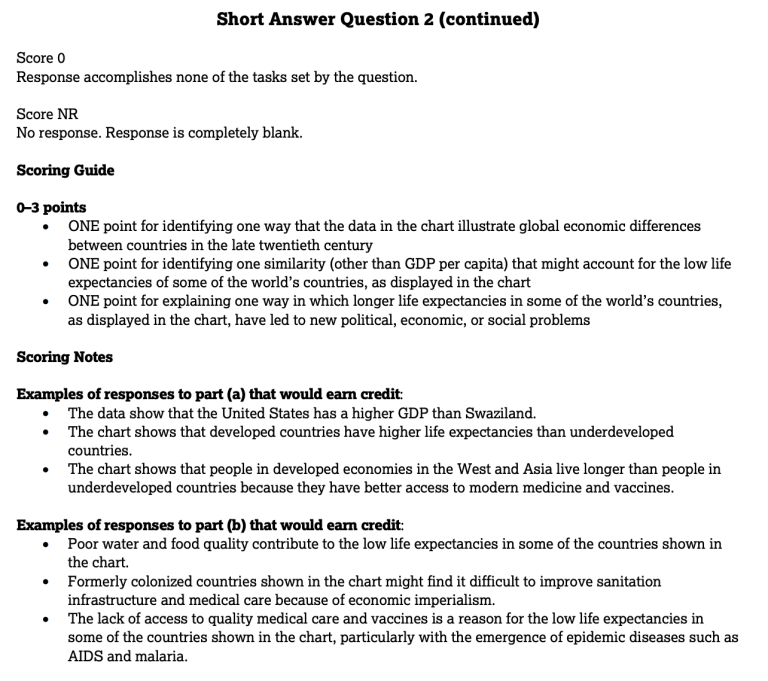Who Found Gravity?
Gravity is an invisible force that has been around since the beginning of time. It was first theorized by Sir Isaac Newton in 1687, and has since been studied and observed by many scientists in the centuries that followed. Newton was the first to develop a mathematical equation to explain the force of gravity and its effects on bodies in the universe. He is often credited with “discovering” gravity and is one of the most famous scientists in history. While Newton did not actually “discover” gravity, he was the first to provide a mathematical description of it. His work paved the way for many other scientists to study and further understand the effects of gravity on the universe.
Historical Context of Gravity
Gravity has been known since antiquity, and its discovery has been credited to many people throughout history. The earliest known description of gravity is attributed to the Greek philosopher Aristotle, who wrote about it in his book Physics circa 350 BC. Later, the great thinker Isaac Newton provided a more detailed explanation of gravity in his famous book Principia in 1687 AD. The discovery of gravity was a major breakthrough in physics, as it provided a fundamental explanation of the phenomenon observed in nature.
The concept of gravity was further explored and refined by scientists like Johannes Kepler, Edmond Halley, and Gottfried Leibniz, who all made major contributions to the field of physics. Finally, Albert Einstein provided an even more comprehensive explanation of gravity with his general theory of relativity in 1915.
It is clear that the discovery of gravity was a gradual process, with many people making important contributions to its development over centuries. Today, gravity continues to be a major area of research in physics, as scientists strive to gain a better understanding of its implications for the universe.
Key Players in the Discovery of Gravity
Gravity has been an integral part of life since the dawn of time, but it wasn’t until recently that its true nature was uncovered. For centuries, many of the world’s greatest thinkers have tried to figure out the laws of gravity, and it’s thanks to their work that we can now understand its power. But who found gravity? The answer is complicated and involves a few key players.
The most famous of these players is Isaac Newton, who is often credited with discovering gravity. In 1687, Newton published his now-famous work, “Mathematical Principles of Natural Philosophy”, which laid out the mathematical principles of gravity. By understanding the mathematical equations behind gravity, he was able to explain its effects on objects and the universe. However, Newton wasn’t the only one to contribute to the discovery of gravity.
Other influential figures in the discovery of gravity include Robert Hooke, Edmond Halley, and Johannes Kepler. Hooke was one of the first to propose a law of gravity, in 1666, while Halley was the first to calculate the orbit of a comet and link it to gravity. And Kepler was the first to accurately describe the laws of planetary motion using Newton’s law of gravity.
Overall, the discovery of gravity was a collective effort, and it involved the work of many brilliant minds. From Newton to Hooke, Halley to Kepler, their work has enabled us to further understand the power of gravity and its effects on our universe.
Theories of Gravity Before Newton
For centuries, the answer to the fundamental question of who found gravity has been elusive. But, with the advent of modern science, and the work of luminaries such as Isaac Newton, the answer has begun to take shape. Before Newton, there were numerous theories about what gravity is and how it works.
In the 6th century BCE, the Greek philosopher Anaxagoras proposed the idea that all objects contained “seeds” that attracted one another. Around the same time, the Greek philosopher Philolaus proposed that the force of attraction between objects was caused by a force of anti-attraction between the same objects.
In the 17th century, the Italian scientist Galileo Galilei proposed that gravity was a force of attraction between two objects and that the force decreased with the inverse square of the distance between them. In the late 1600s, the English physicist Sir Isaac Newton developed a mathematical description of gravity that showed it was a universal force. His work revolutionized science and laid the groundwork for modern physics.
In the centuries since Newton’s formulation of the law of gravity, countless scientists have made contributions to the understanding of this fundamental force. From the work of Albert Einstein and Stephen Hawking to the recent discoveries of black holes and gravitational waves, each new breakthrough brings us closer to a better understanding of who found gravity.

Newton’s Discovery of Gravity
The discovery of gravity has been attributed to Sir Isaac Newton, one of the most influential scientists of all time. He was the first to mathematically describe the force and explain how it works. Newton’s work was based on observations of the motions of the planets and the Moon, and on experiments he conducted with pendulums and falling objects. In 1687, he published Philosophiae Naturalis Principia Mathematica – commonly known as the Principia – which contained his three laws of motion and the law of gravity.
Newton’s law of gravity states that any two objects in the universe attract each other with a force that is proportional to their masses and inversely proportional to the square of the distance between them. This law explains why objects are attracted to the ground, why the planets move around the Sun, and why the Moon orbits the Earth.
The discovery of gravity by Newton was one of the most important scientific breakthroughs in history. It was the first step in understanding how the universe works and helped to revolutionize science and pave the way for the development of modern physics. Newton’s work laid the foundation for our current understanding of gravity and its impact on our lives.
Contributions to the Understanding of Gravity Since Newton
Gravity is a force that has been studied and explored for centuries, and it has been discovered by a variety of scientists and thinkers. The most famous discovery of gravity is attributed to the English scientist, Isaac Newton. Newton formulated the Law of Universal Gravitation in 1687, which stated that every object in the universe attracts every other object with a force proportional to the product of their masses and inversely proportional to the square of the distance between them. Newton’s law was a revolutionary concept that changed the way we understand the universe.
Since Newton’s groundbreaking contributions to the study of gravity, many other scientists have made significant contributions to our understanding of this powerful force. Albert Einstein’s General Theory of Relativity was an important step in understanding gravity and its effects on the universe. Einstein’s equation described gravity as a curvature of space-time, which provided a more comprehensive view of gravity than Newton’s law. Following Einstein’s work, scientists have continued to explore the properties of gravity, such as the effects of dark matter and dark energy on the structure of space-time.
In the modern era, scientists are still searching for ways to better understand gravity. The most prominent example is the search for a unified theory of quantum gravity, which seeks to combine the principles of quantum mechanics and general relativity into a single framework. Although this work is still in its early stages, it promises to provide a deeper understanding of the forces that govern the universe.
In conclusion, gravity has been studied by a variety of scientists throughout history, with the most famous contribution being made by Isaac Newton. Since then, many other scientists have made significant advances in the study of gravity, such as Einstein’s General Theory of Relativity and the search for a unified theory of quantum gravity.
Implications of Gravity in Everyday Life
Gravity is a fundamental force of the universe that affects everything in its vicinity. It is responsible for the formation of stars, galaxies, planets, and even us. But who discovered this powerful force? This article will discuss the implications of gravity in everyday life, and who discovered it.
Isaac Newton is widely credited with discovering gravity, although the concept has been known since ancient times. Newton’s laws of motion described the effects of gravity and how it affects objects and motion. In addition, Newton’s law of universal gravitation showed that gravity is a force that acts between two objects and is proportional to their masses.
Today, gravity plays a major role in our everyday lives. It helps keep us grounded, and is responsible for the movement of objects around us. For instance, it is responsible for the ocean tides, and it affects the way we experience weather, including storms, rain, and snowfall. It also affects the way we experience time, as the effects of gravity cause time to move faster or slower depending on the gravitational force.
Gravity is a powerful force that is responsible for some of the most incredible phenomena in the universe. Without it, life on Earth would be very different. From the tides in the ocean to the way we experience time, gravity affects us all in some way.
FAQs About the Who Found Gravity?
1. Who first proposed the theory of gravity?
Answer: The first scientific theory of gravity was proposed by Sir Isaac Newton in his 1687 work titled Philosophiæ Naturalis Principia Mathematica.
2. How is gravity related to other forces?
Answer: Gravity is one of the four fundamental forces of nature, along with the strong force, electroweak force, and electromagnetic force. It is the weakest of the four, but is also the most widespread and affects all objects in the universe.
3. What is gravity?
Answer: Gravity is a fundamental force of nature that attracts two objects that have mass towards each other. It is an attractive force that is inversely proportional to the square of the distance between the two objects.
Conclusion
In conclusion, gravity is one of the fundamental forces of nature and has been around since the dawn of time. Though the exact origin of gravity is still unknown, most scientists attribute its discovery to Isaac Newton in the late 1600s. Newton’s laws of motion and his theory of universal gravitation provided a framework for understanding how gravity works and how it affects objects in the universe. Despite the fact that Newton is credited with discovering gravity, it is likely that many other great minds had a hand in developing the concept.






